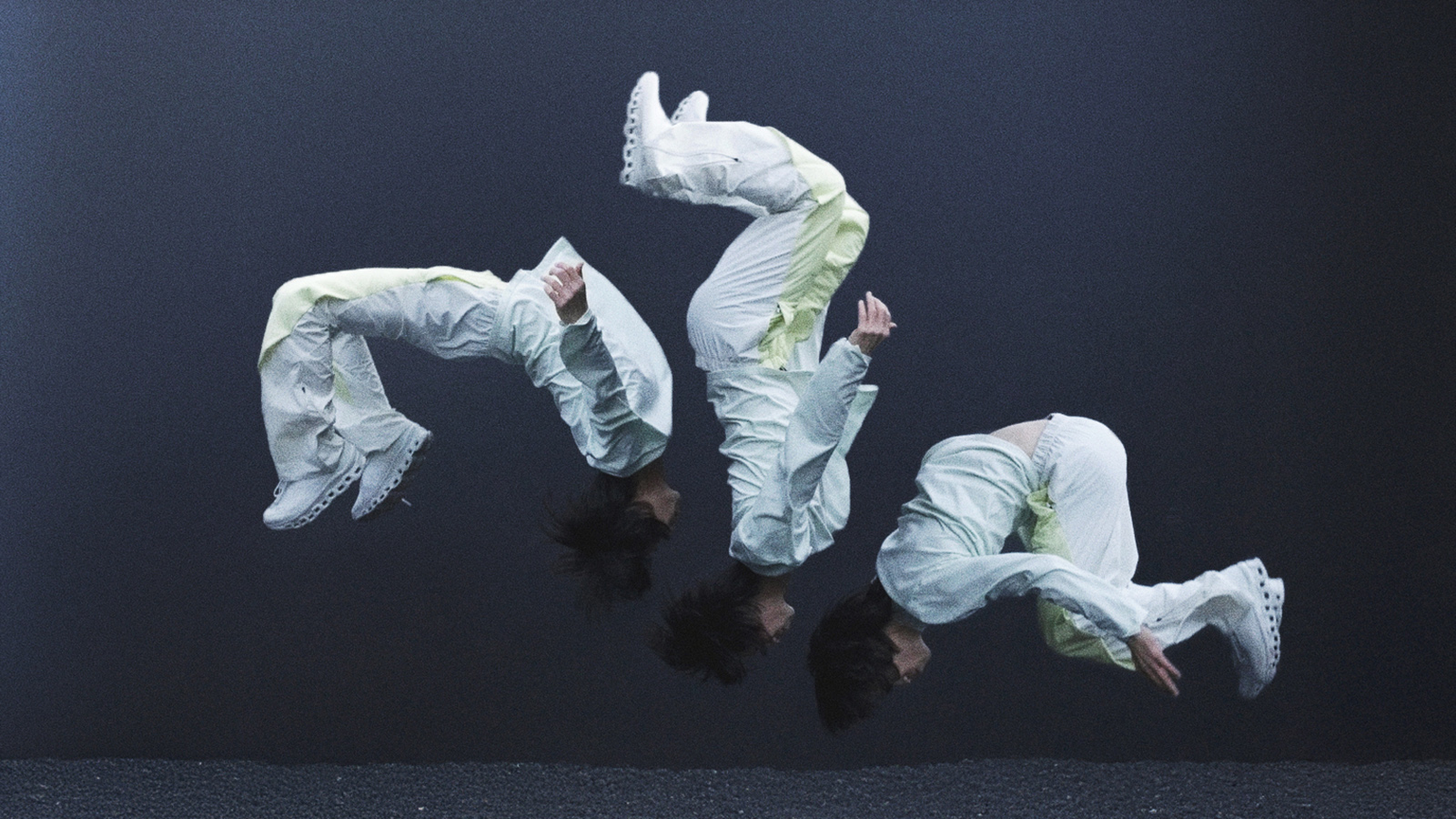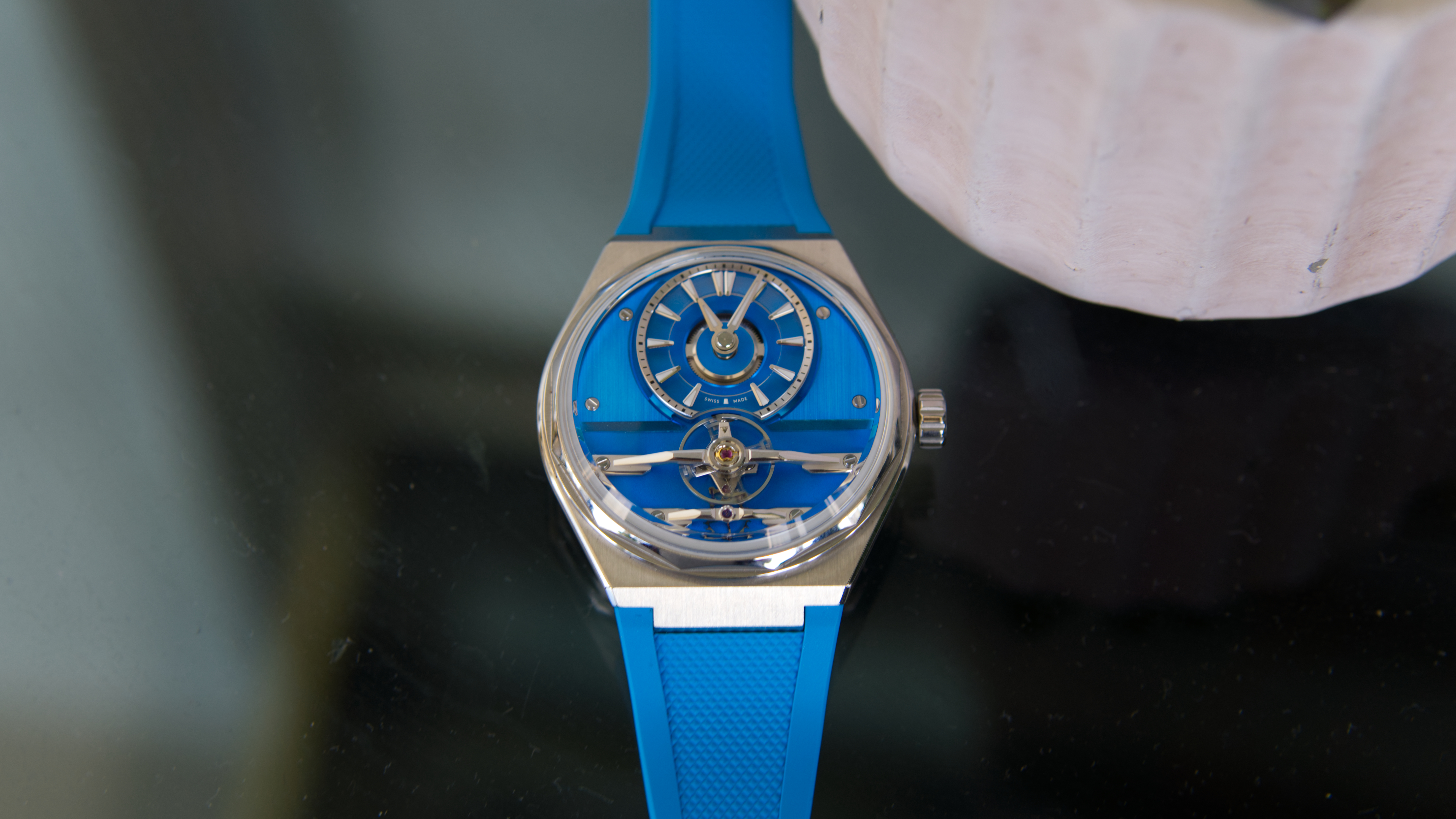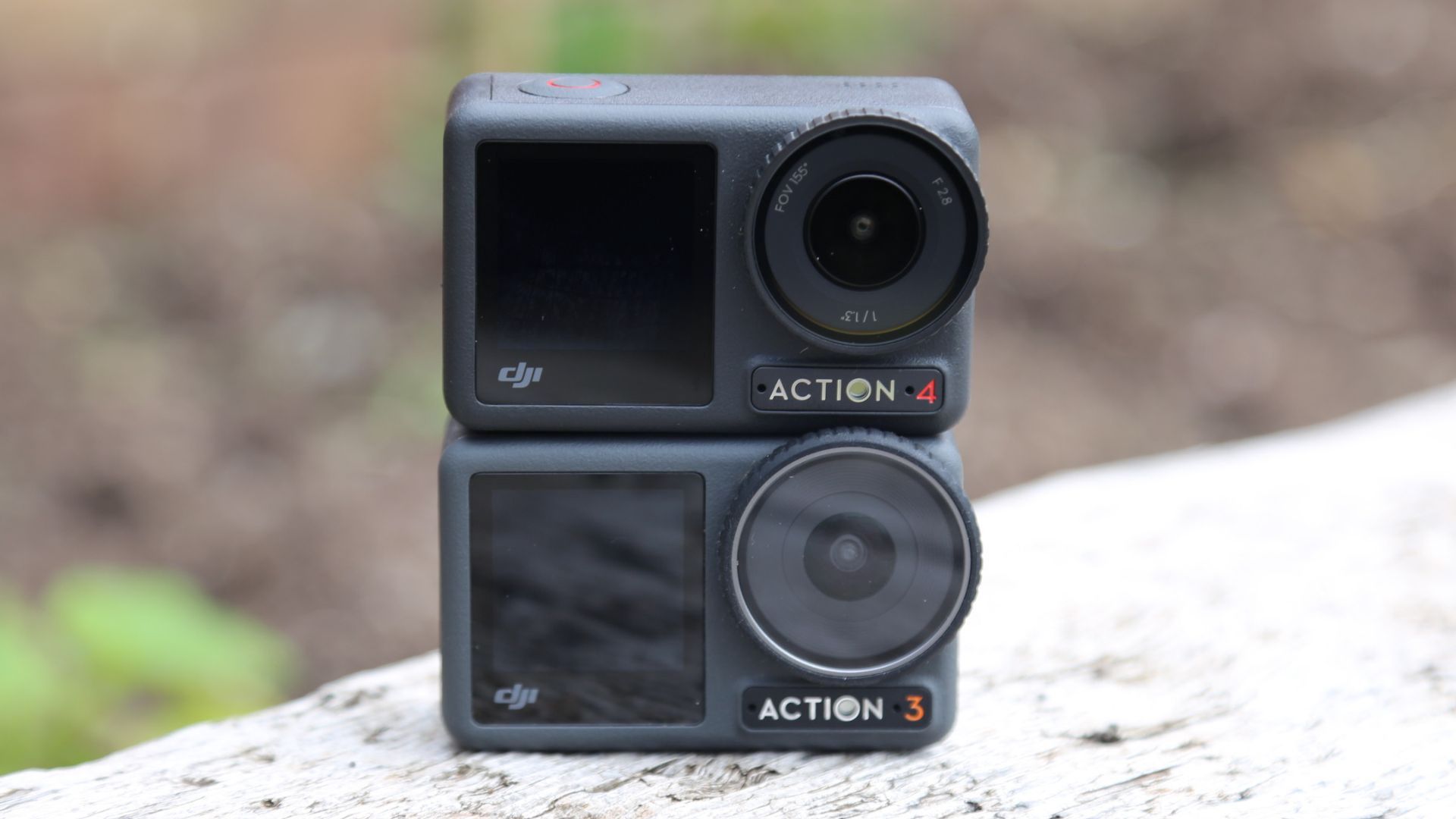

It may be best known as the best drone brand, but DJI’s latest product, DJI Osmo Action 4, sees it get closer than ever to GoPro in the best action camera stakes. However, that started with the DJI Osmo Action 3, itself a radical re-shape of the modular misstep, the DJI Osmo Action 2, after an impressive DJI Osmo Action. Launched in September 2022 and August 2023, respectively, DJI Osmo Action 3 and DJI Osmo Action 4 have an almost identical form factor, but look under the hood, and you’ll find significant tweaks. Can they rival the best GoPros, though?
DJI Osmo Action 4 vs DJI Osmo Action 3: price and extras
The DJI Osmo Action 3 (retailer link) launched in September 2022 with an RRP of GBP £309/$329/AU$519, while the DJI Osmo Action 4 (also retailer link) launched in August 2023 with an RRP of £379/$399/AU$590. Both come with significant accessories in the Standard Bundle but can be bundled with more (extra batteries, an extension rod, lens hood, etc.) for a slightly higher price.
WINNER: DJI Osmo Action 3, due to the fact that the DJI Osmo Action 4 saw a significant price rise less than a year after its predecessor was launched. Blame inflation?

DJI Osmo Action 4 vs DJI Osmo Action 3: design and build quality
DJI’s concept for its Osmo Action products is really simple and not particularly innovative. Clearly designed to challenge the dominance of GoPro in the action camera market, both the DJI Osmo Action 3 and DJI Osmo Action 4 are straightforward-looking action cameras that look and feel identical.
Both cameras are housed within an almost identical chassis, which measures 70.5x44.2x32.8mm and weighs 145g/5.1oz. The only slight difference is that while the shutter button on the top is orange on the DJI Osmo Action 3, it’s red on the DJI Osmo Action 4. That continues with screens; both have a 1.4-inch front screen (320×320 pixels, 323 ppi) and a 2.25-inch rear screen (360×640 pixels, 326 ppi).
However, there is something slightly different about the chassis after all because while DJI Osmo Action 3 is waterproof to 16m/52.5ft without a waterproof case, the DJI Osmo Action 4 manages 18m/59ft. A waterproof case, available separately, can take them safely down to 60m/197ft. Either way, both cams surpass the water rating of the GoPro HERO 11 Black’s 10m/33ft.
One noticeable physical difference is in optics. While the DJI Osmo Action 3’s lens offers an f/2.8 aperture, a field of view of 155º and can focus on something just 30cm from it, the DJI Osmo Action 4’s noticeably smaller lens can only offer 40cm.
Sign up to the T3 newsletter for smarter living straight to your inbox
Get all the latest news, reviews, deals and buying guides on gorgeous tech, home and active products from the T3 experts
The accessories on offer from DJI for both cams are mostly the same. Their 1,770mAh battery supports 30W fast charging (delivering an 80 per cent charge in 18 minutes). Both also possess a magnetic quick-release mounting system that makes it very easy to attach to accessories.
WINNER: There’s almost nothing to choose between them, but DJI Osmo Action 4’s deeper waterproof claim makes it a slightly better cam for watersports enthusiasts.
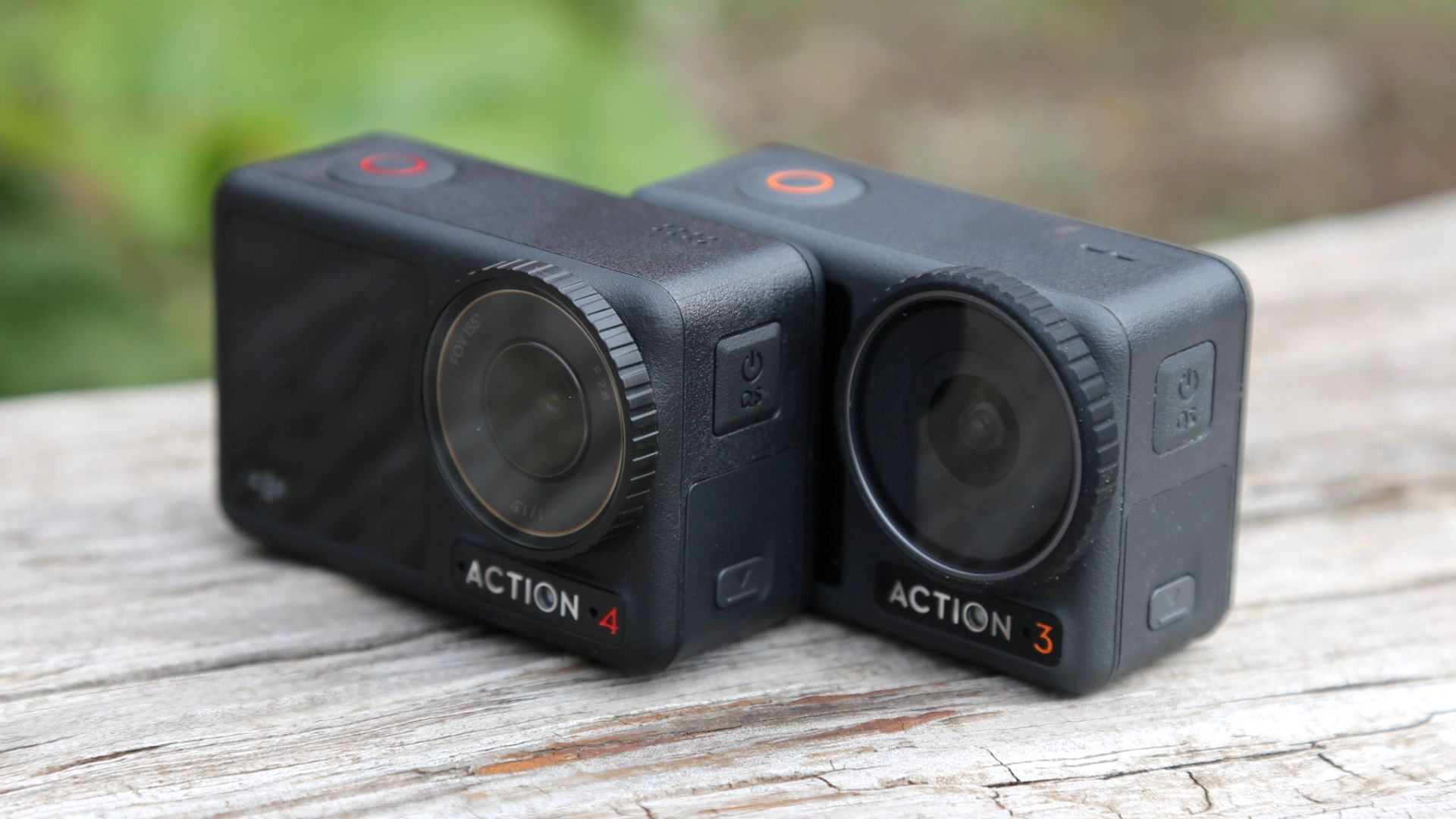
DJI Osmo Action 4 vs DJI Osmo Action 3: video and ound quality
The main difference between the DJI Osmo Action 3 and DJI Osmo Action 4 is the size of their image sensors. On the DJI Osmo Action 3, there’s a 1/1.7-inch CMOS sensor, which resulted in disappointing low-light footage. Although the aperture and ISO (up to 12,800) remain unchanged, the DJI Osmo Action 4 has a 1/1.3-inch CMOS sensor, which does mean a 65% increase in sensor surface area, so a better low-light performance.
Both shoot in 4K/60fps in 4:3 and 4K/120fps in 16:9 (the GoPro Hero 11 Black and GoPro Hero 11 Black Mini achieve 5.3K/60fps) and offer HDR video, 10-bit colour and 120Mbps maximum bit rate. For native vertical shooting, both cams need to be inside the Horizontal-Vertical Protective Frame, which has magnetic attachments on the side as well as the bottom.
Other changes are mere tweaks. DJI’s image stabilisation software RockSteady 3.0+ makes an appearance only on DJI Osmo Action 4. In one rare reversal, the DJI Osmo Action 3’s 4,000x3,000 (12 megapixels) photo resolution actually bests the DJI Osmo Action 4’s 3648x2736 (10 megapixels). However, a new ‘pro’ mode on the DJI Osmo Action 4 allows more manual tweaks to both photos and videos.
WINNER: The DJI Osmo Action 4 has a better low-light performance, which will be more useful to most users than the DJI Osmo Action 3’s slightly more detailed photos.
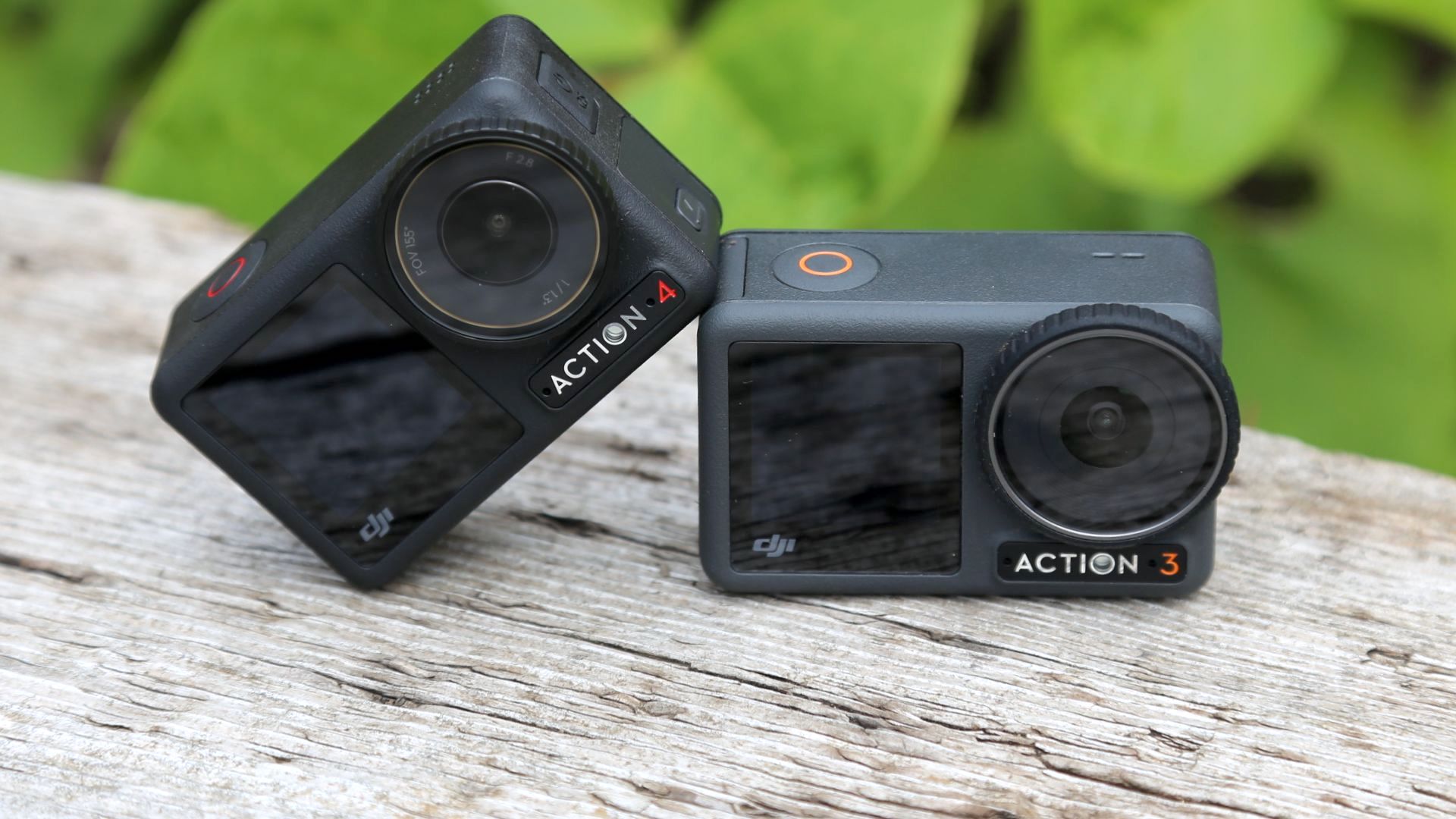
DJI Osmo Action 4 vs DJI Osmo Action 3: which one should you buy?
For their wide field of view, rugged design and impressive image stabilisation, both the DJI Osmo Action 3 and DJI Osmo Action 4 are impressive action cameras. Both struggle to keep up with the specs of the GoPro Hero 11 Black, but the DJI Osmo Action 4’s better performance in low light, deeper underwater rating and more advanced image stabilisation software give it a surprisingly slight advantage over the DJI Osmo Action 3. However, if you want to save money and can find it at a knockdown price – something that’s now more like – the DJI Osmo Action 3 is worth considering.
Jamie is a freelance journalist, copywriter and author with 20 years' experience. He's written journalism for over 50 publications and websites and, when he's not writing, spending most of his time travelling – putting the latest travel tech through its paces.
-
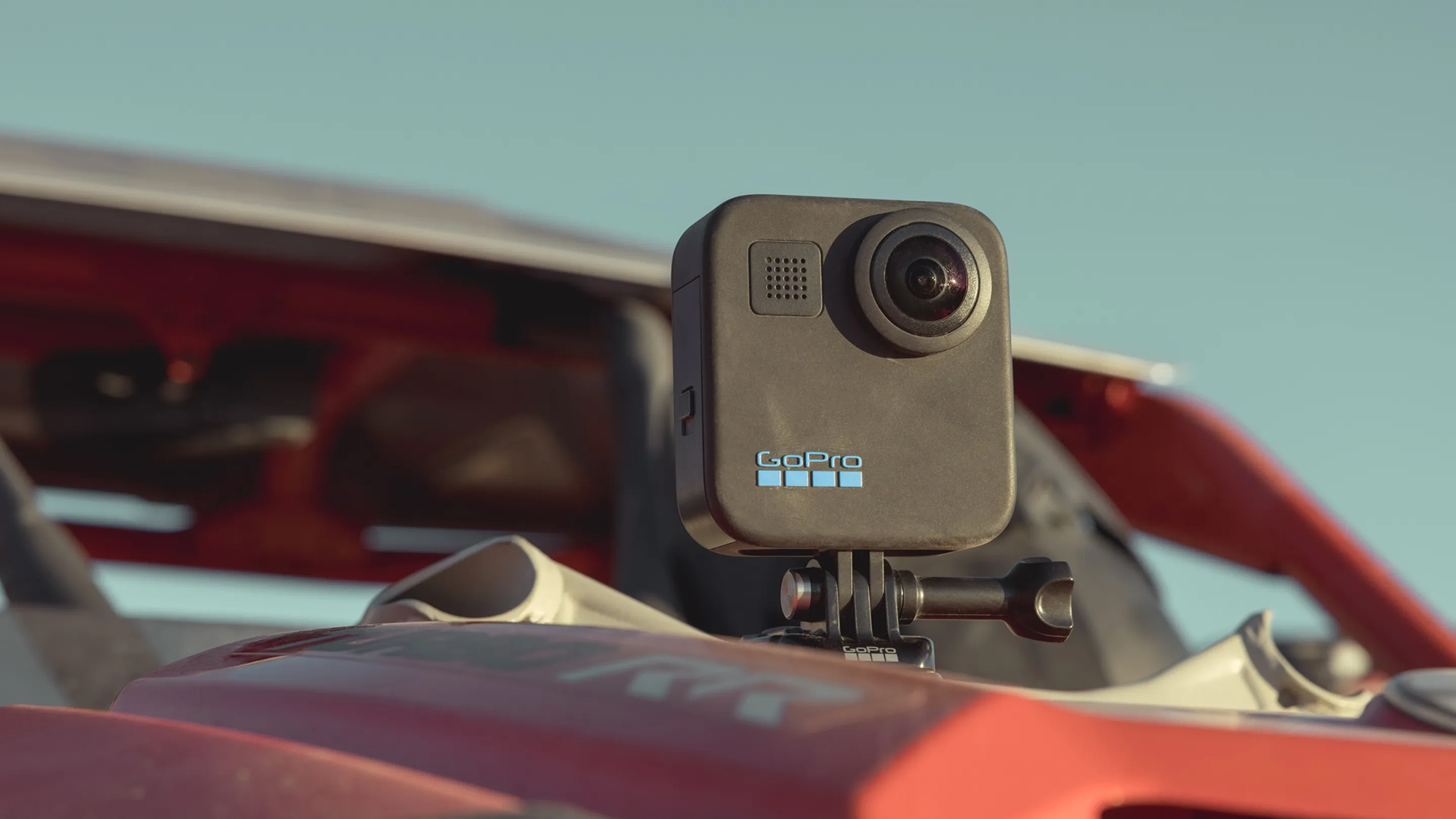 GoPro surprises with a refreshed MAX 360 action camera featuring an upgraded mounting system and improved battery life
GoPro surprises with a refreshed MAX 360 action camera featuring an upgraded mounting system and improved battery lifeThe brand decided to soft-relaunch its 360° camera
By Matt Kollat
-
 GoPro faces tough competition with Insta360’s powerful new cloud offering
GoPro faces tough competition with Insta360’s powerful new cloud offeringInsta360’s cloud service lands in the U.S. with one (temporary) caveat
By Matt Kollat
-
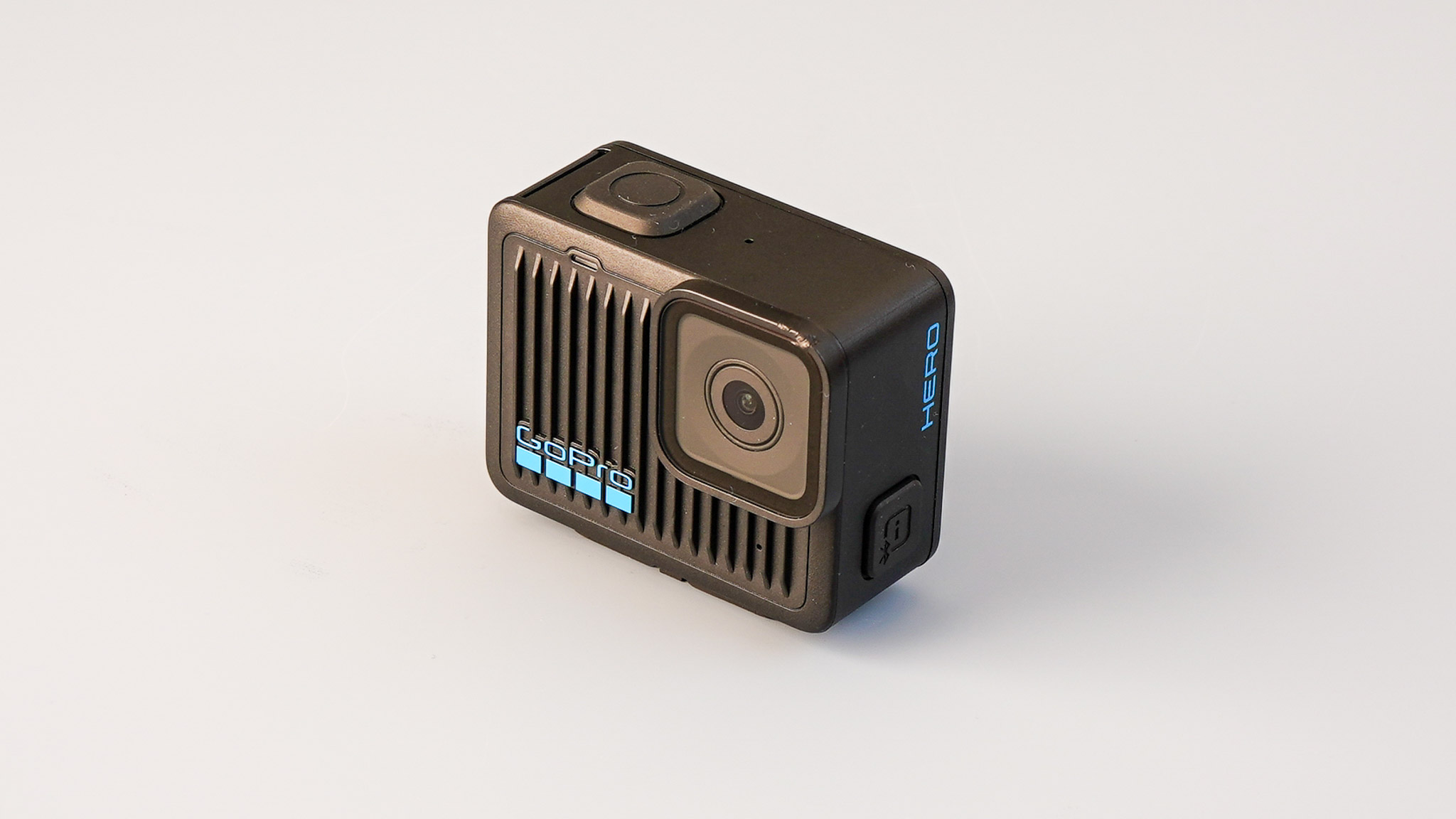 GoPro HERO review: budget action camera that gets the job done
GoPro HERO review: budget action camera that gets the job doneWith its lightweight build, beginner-friendly features, and impressive battery life, the GoPro HERO is a no-frills camera for everyday adventurers
By Matt Kollat
-
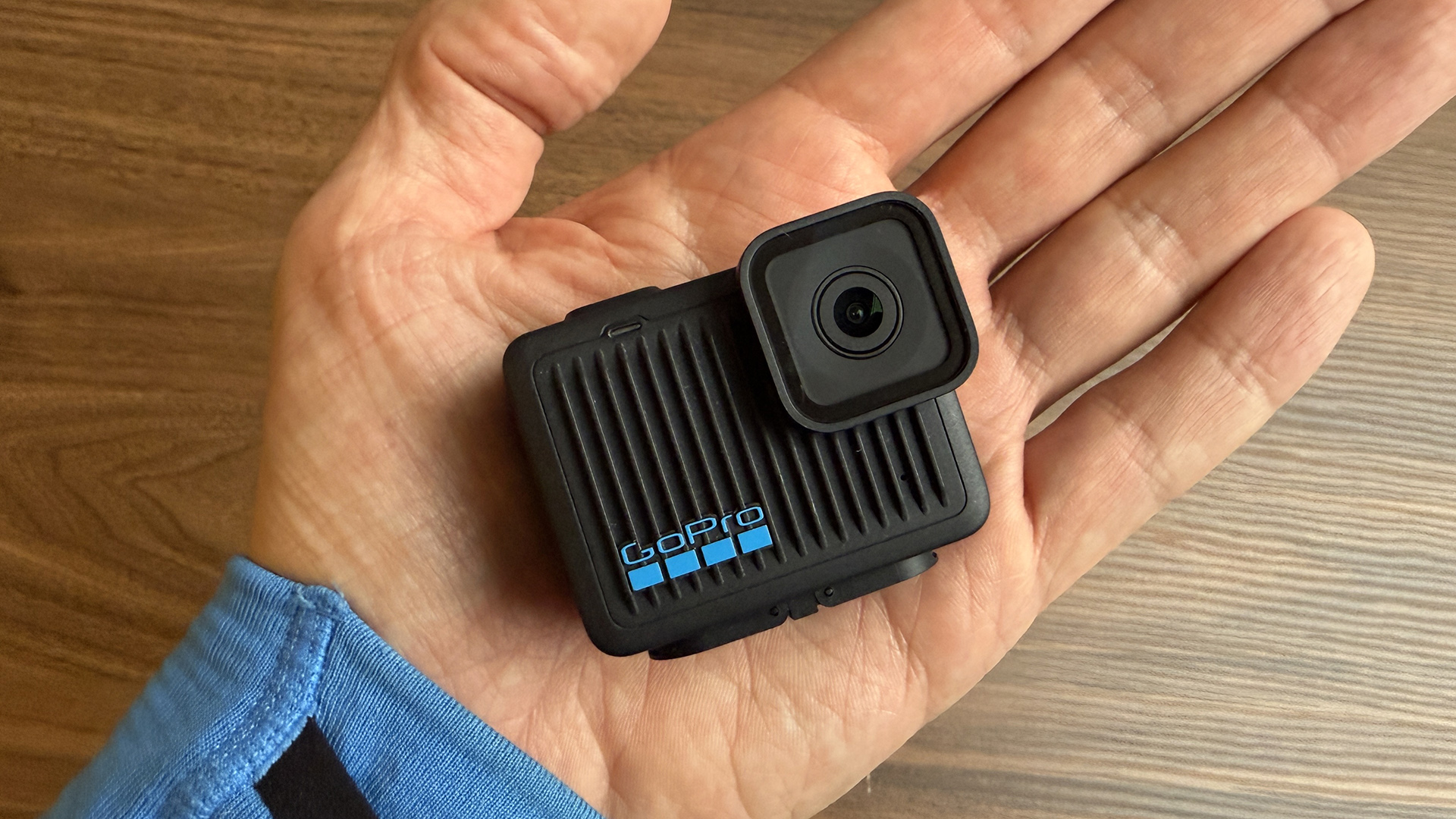 The GoPro HERO is the cutest action camera I've seen in a while
The GoPro HERO is the cutest action camera I've seen in a whileThe tiny action camera is like a miniaturised version of the Hero 13 Black
By Matt Kollat
-
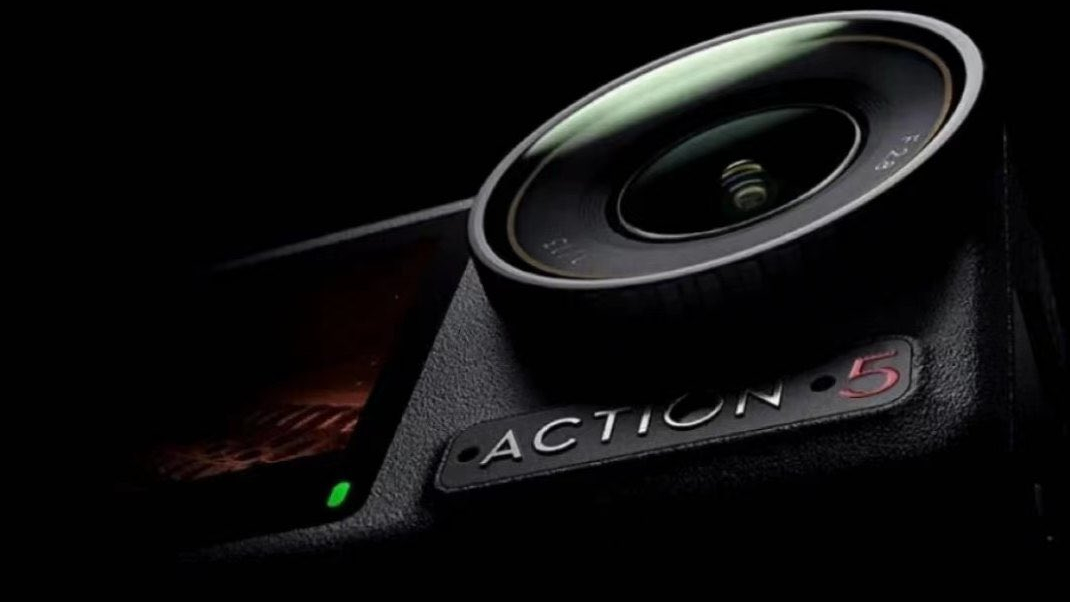 Something big is brewing at DJI, and it should worry GoPro and Insta360
Something big is brewing at DJI, and it should worry GoPro and Insta360DJI might be launching its first-ever 360-degree action camera to rival Insta360 and GoPro
By Matt Kollat
-
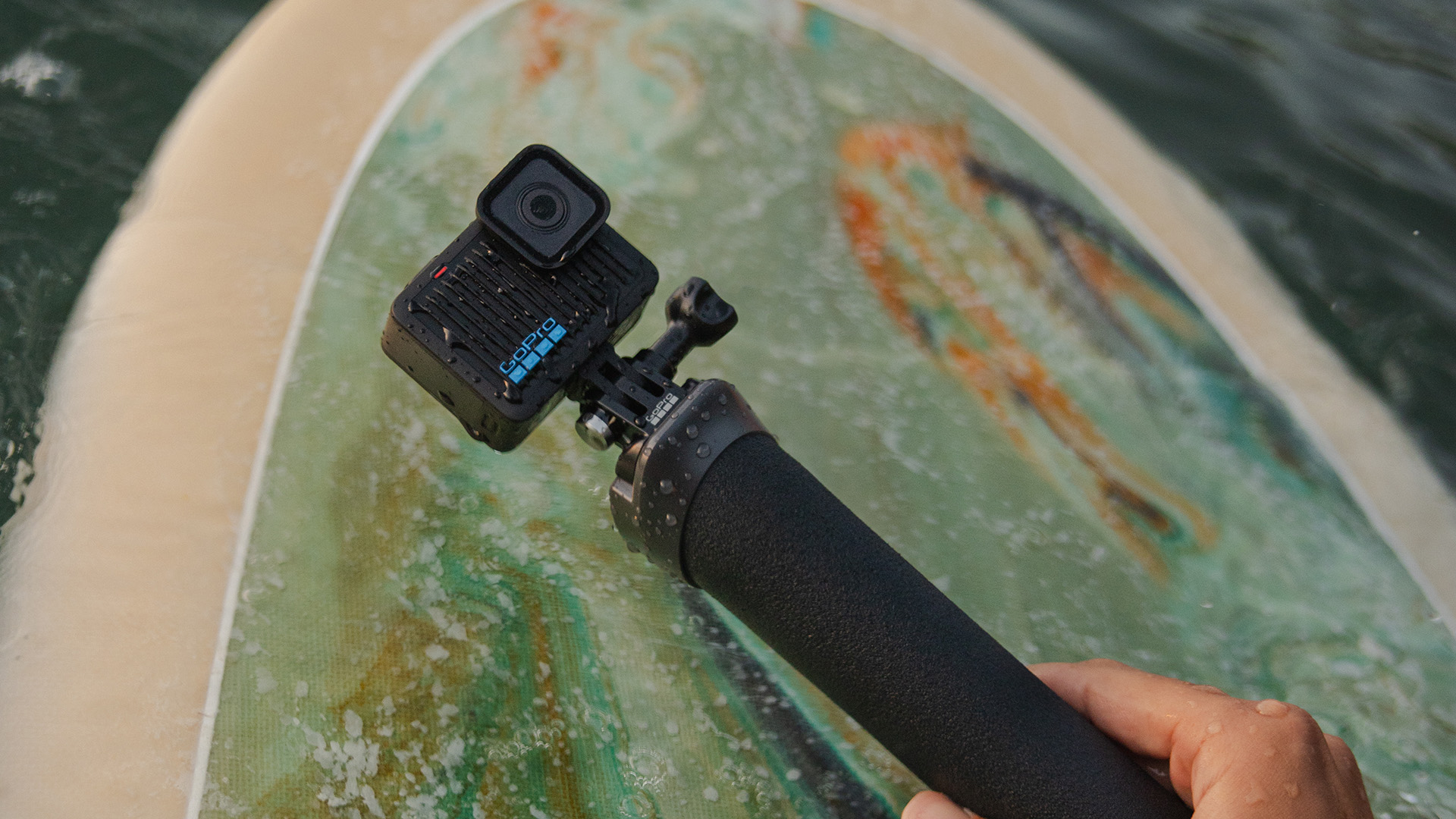 Is the GoPro Subscription worth it in 2025? Let’s break it down
Is the GoPro Subscription worth it in 2025? Let’s break it downShould you spend your hard-earned cash on a GoPro subscription? We ran the numbers
By Matt Kollat
-
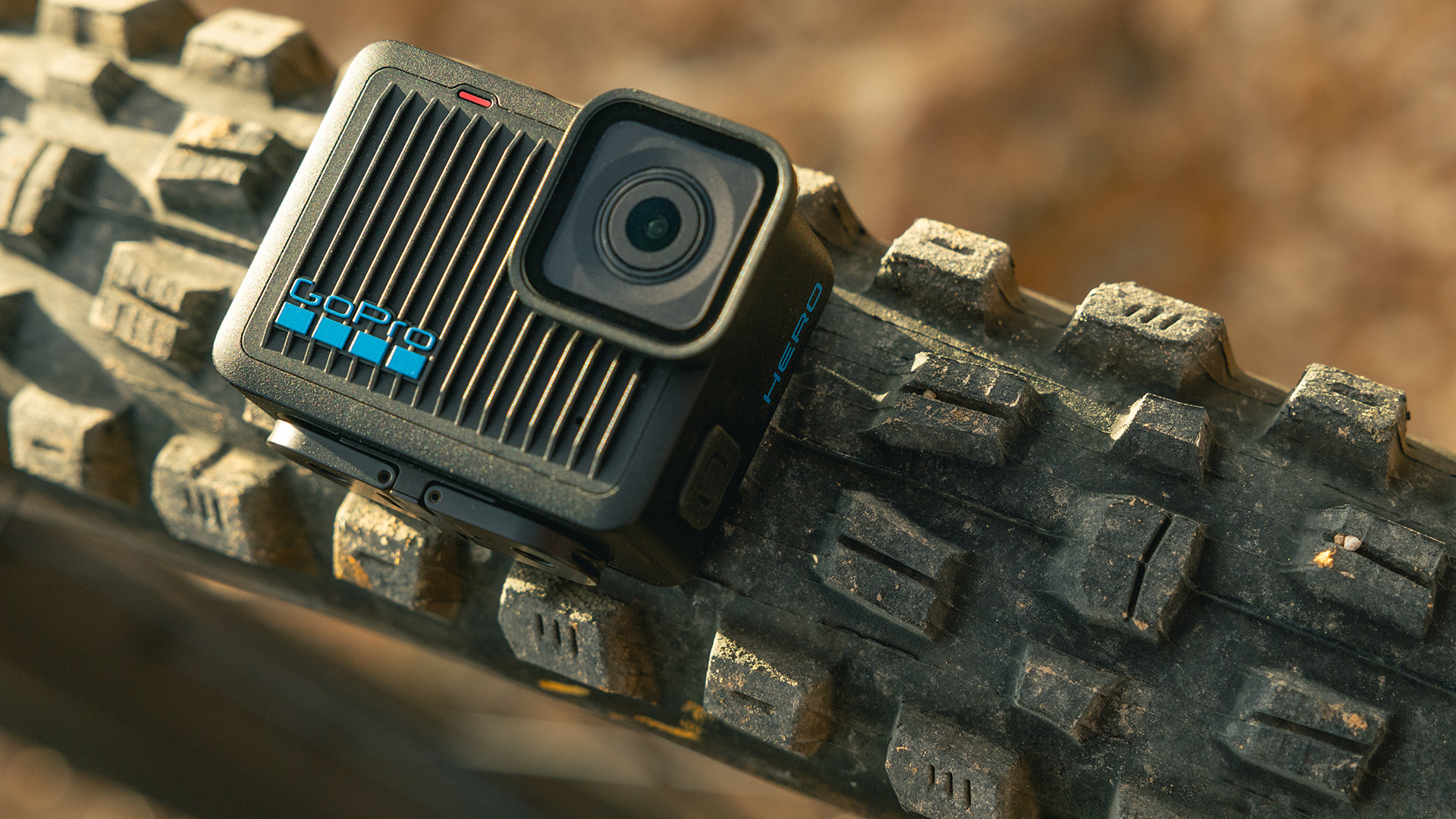 GoPro launches affordable Hero action camera with 4K resolution, 100-minute runtime and HyperSmooth stabilisation
GoPro launches affordable Hero action camera with 4K resolution, 100-minute runtime and HyperSmooth stabilisationThe Hero is the perfect companion to help you live out loud
By Matt Kollat
-
 GoPro Head of Product Pablo Lema: “It’s easy to make a camera, but it’s hard to make a great GoPro”
GoPro Head of Product Pablo Lema: “It’s easy to make a camera, but it’s hard to make a great GoPro”I went behind the scenes with Pablo Lema to talk about all things GoPro
By Matt Kollat
